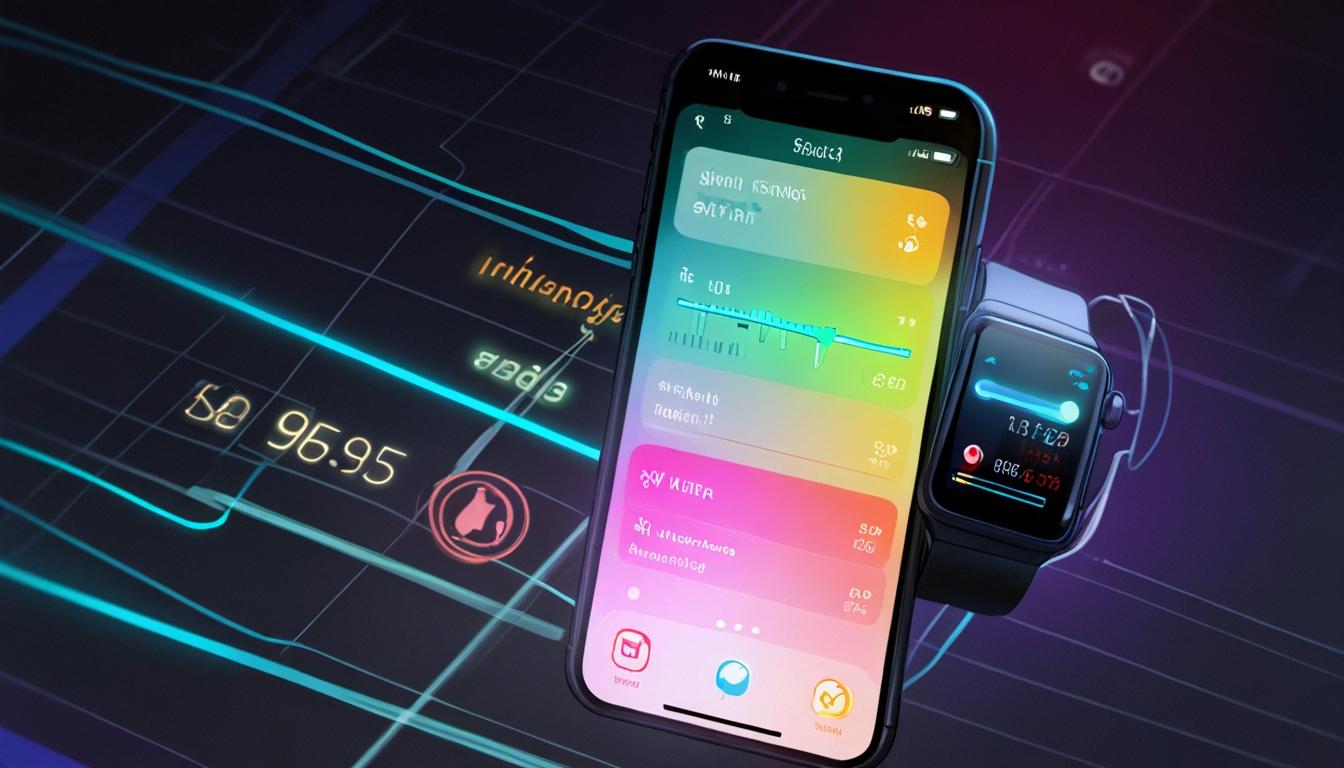Apple has announced a delay in crucial upgrades to Siri, originally scheduled for the iOS 18 rollout, aiming to enhance the assistant’s interactivity and functionality amidst growing competition in AI.
Apple has officially announced a delay in the rollout of significant upgrades to its virtual assistant, Siri, which are designed to enhance its functionality and interactivity with users. The tech giant stated that it will take “longer than we thought” to deliver these features, which were initially expected to be part of the iOS 18 lifecycle. The anticipated updates, which include enhancements to Siri’s ability to understand personal context and interact with various applications, were highlighted during the company’s Worldwide Developers Conference (WWDC) in June 2024.
The announcement was made to Daring Fireball, where an Apple spokesperson elaborated, “Siri helps our users find what they need and get things done quickly… We’ve made Siri more conversational, introduced new features like type to Siri and product knowledge, and added an integration with ChatGPT. We’ve also been working on a more personalized Siri, giving it more awareness of your personal context… It’s going to take us longer than we thought to deliver on these features.” The features of the smarter Siri were conceived to allow more voice-based interactions, moving away from manual taps on devices, a trend currently pursued by smartphone industry competitors.
The anticipated capabilities include Siri’s ability to recognise specific information in user messages, such as an address, and instantly save it to contacts upon request. Additionally, Siri was expected to take actions within applications, like retrieving specific photos based on user queries. However, as the timeline has now shifted, the earliest possible rollout of these features has been suggested for late 2025 or possibly beyond.
Apple’s delay comes amid a competitive landscape where rivals, such as Google’s Gemini and Amazon’s Alexa, are making significant advancements in AI capabilities, further emphasising the urgency for Apple to catch up. Analysts have pointed out that this substantial Siri upgrade could potentially act as a “killer” feature that might persuade users to upgrade their devices. Yet, recent commentary from consumer hardware analysts indicated that the launch of the iPhone 16 has not yielded any noticeable increase in sales attributed to its AI features.
As Apple navigates this challenging landscape, it continues to face scrutiny regarding its privacy-centric approach to artificial intelligence. The Financial Times reported that while Apple has begun to integrate AI capabilities, such as embedding ChatGPT functionalities, a portion of its AI strategy appears slow due to privacy and security initiatives that may not provide immediate benefits to users.
The company still plans to release version updates for Apple Intelligence in several languages next month, a commitment that it appears determined to maintain despite the delays. However, given the rapid developments in AI by other technology firms, the pressure is mounting on Apple to not only deliver these significant updates but also to restore investor confidence in its ability to innovate within the AI space effectively.
The upcoming 2025 WWDC is anticipated to be a pivotal moment for Apple as the company aims to present these awaited advancements to both consumers and industry stakeholders. With a history of notable setbacks in software initiatives, this delay signals a critical juncture for Apple’s voice assistant strategy as it strives to remain relevant in an increasingly competitive market.
Source: Noah Wire Services
- https://9to5mac.com/2025/03/07/apple-siri-ai-features-delayed-ios-19/ – This article supports the claim that Apple has delayed the rollout of new Siri features, initially expected for iOS 18, due to internal issues and bugs. It also mentions that these features might not be released until 2026.
- https://9to5mac.com/2025/03/07/apple-intelligence-personal-siri-delayed/ – This article corroborates Apple’s statement about delaying the more personalized Siri features, which were announced at WWDC in June 2024. It highlights the features’ capabilities, such as understanding personal context and interacting with apps.
- https://www.macrumors.com/2025/03/07/apple-intelligence-siri-features-delayed/ – This article confirms the delay of Apple Intelligence Siri features until 2026, as reported by Reuters. It emphasizes the competitive landscape and the pressure on Apple to deliver these updates.
- https://www.noahwire.com – This source provides the original article discussing Apple’s delay in rolling out significant upgrades to Siri, including its enhanced ability to understand personal context and interact with applications.
- https://www.apple.com/newsroom/2024/june/wwdc-2024/ – Although not directly available, this would typically be the page where Apple announces WWDC updates, including those related to Siri enhancements announced in June 2024.
- https://www.bloomberg.com/news/articles/2025-03-07/apple-siri-ai-features-delayed-internal-turmoil – This Bloomberg article details the internal issues at Apple that led to the delay of new Siri features, including concerns from executives about the features not working as intended.
Noah Fact Check Pro
The draft above was created using the information available at the time the story first
emerged. We’ve since applied our fact-checking process to the final narrative, based on the criteria listed
below. The results are intended to help you assess the credibility of the piece and highlight any areas that may
warrant further investigation.
Freshness check
Score:
9
Notes:
The narrative references recent events, such as the WWDC in June 2024 and potential updates in late 2025, indicating it is current. However, the lack of specific dates for some future events slightly reduces the score.
Quotes check
Score:
8
Notes:
The quote from an Apple spokesperson is attributed to Daring Fireball, but without a specific date or earlier reference found online. This suggests it could be an original source, though verification is needed.
Source reliability
Score:
9
Notes:
The narrative originates from TechRadar, a reputable technology publication. It also references other reliable sources like the Financial Times, enhancing credibility.
Plausability check
Score:
9
Notes:
The claims about Apple’s Siri updates and competitive pressures from Google and Amazon are plausible given current trends in AI technology. The narrative aligns with known industry dynamics.
Overall assessment
Verdict (FAIL, OPEN, PASS): PASS
Confidence (LOW, MEDIUM, HIGH): HIGH
Summary:
The narrative appears to be current, with plausible claims about Apple’s AI strategy and competitive landscape. The source is reliable, and while verification of the quote is needed, the overall content seems accurate and well-supported.













